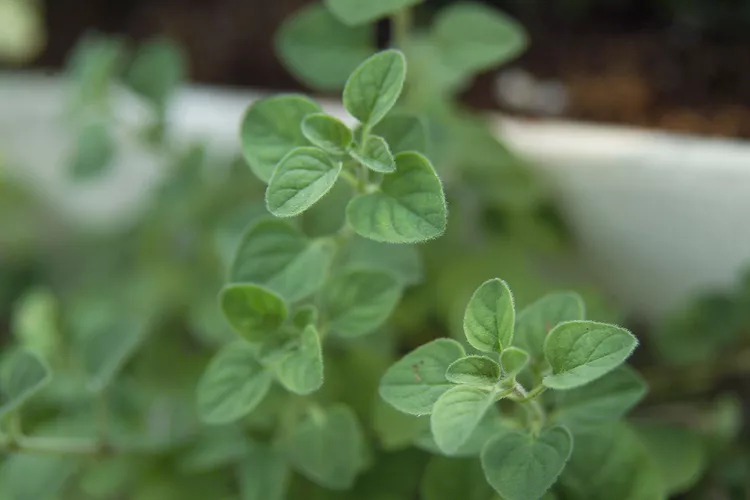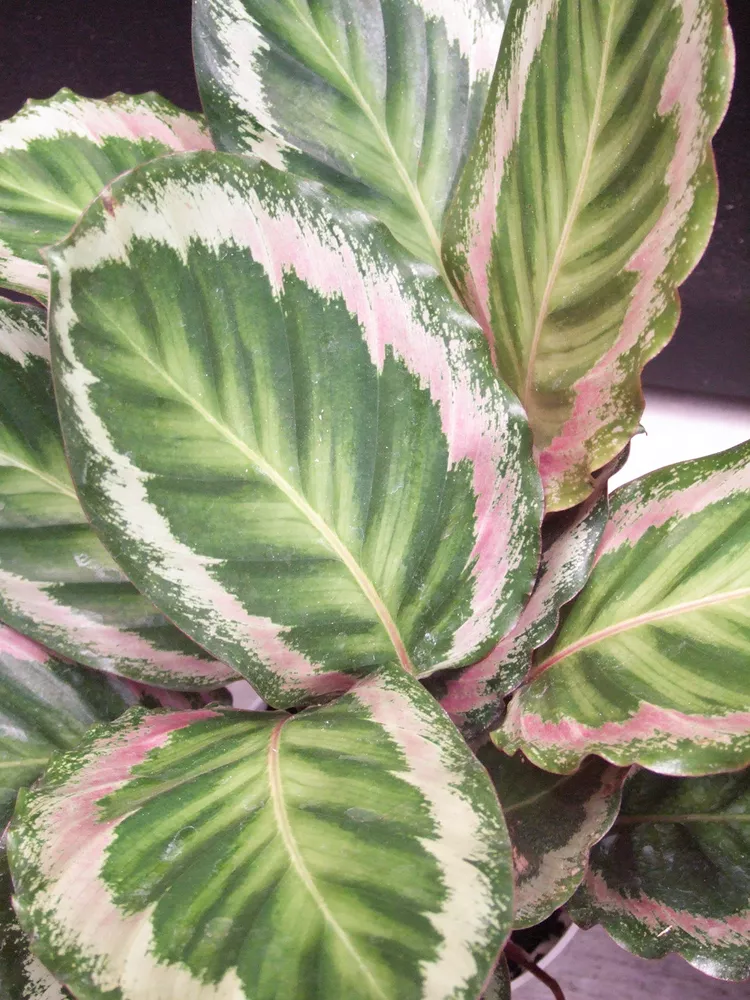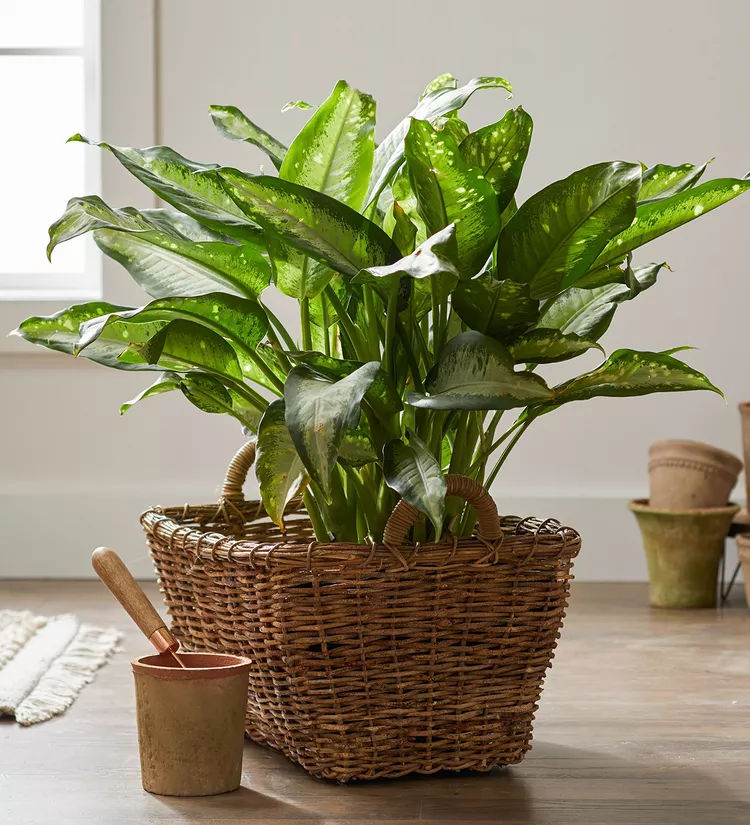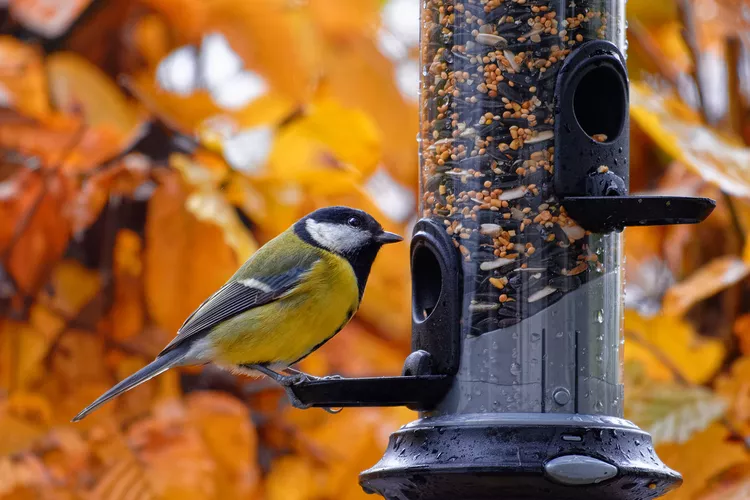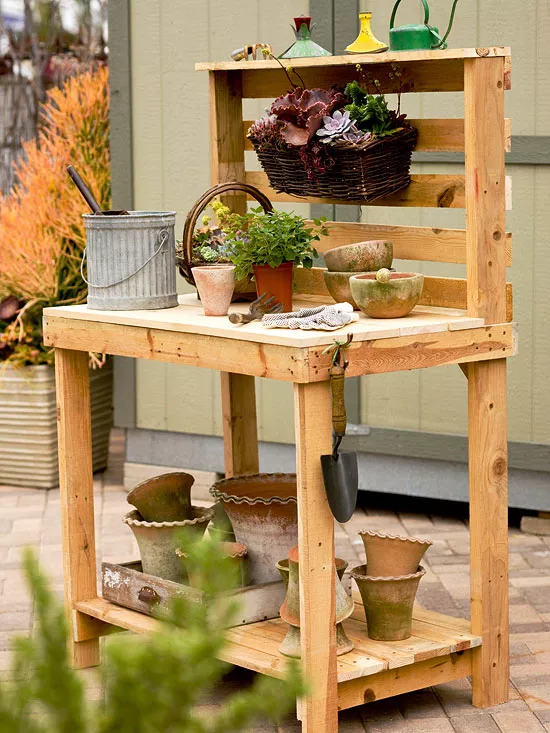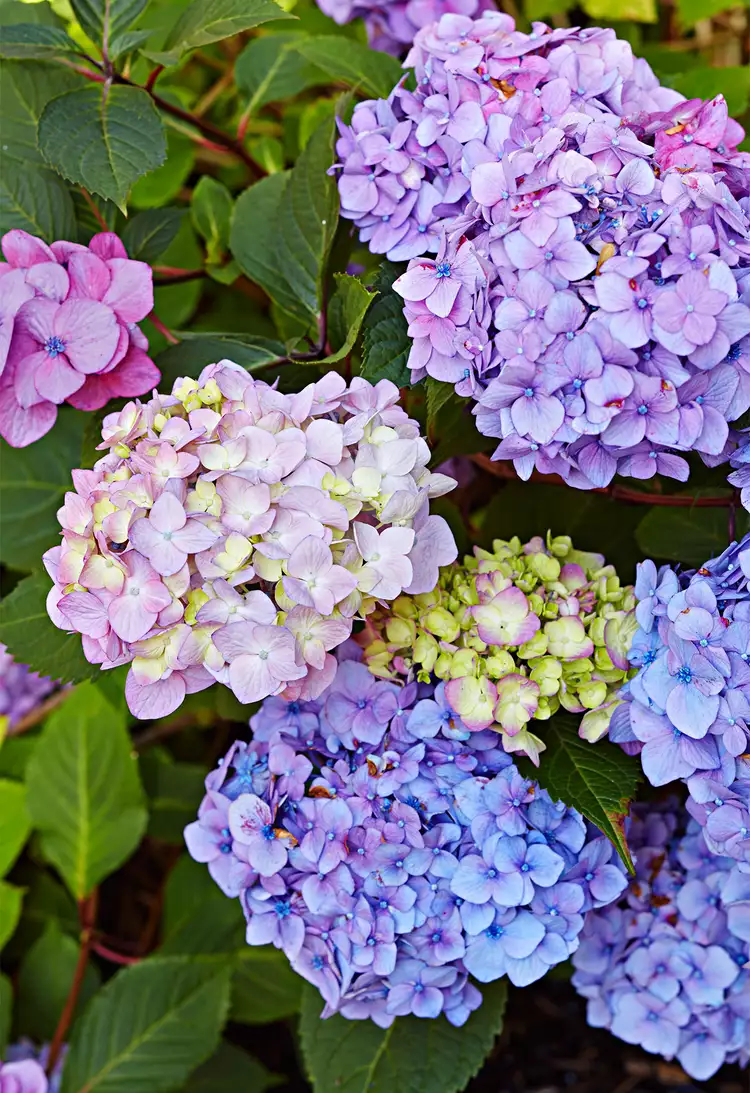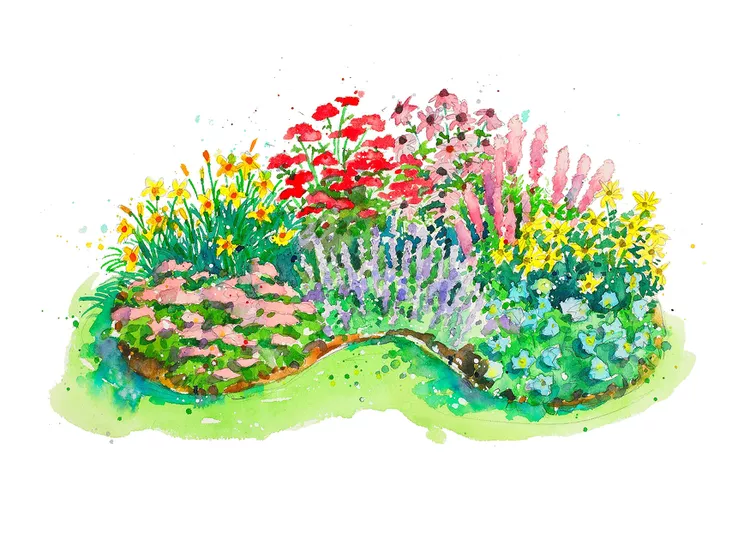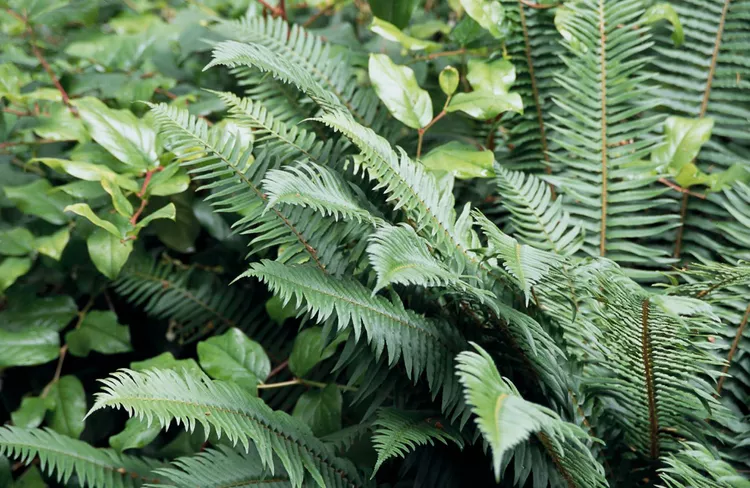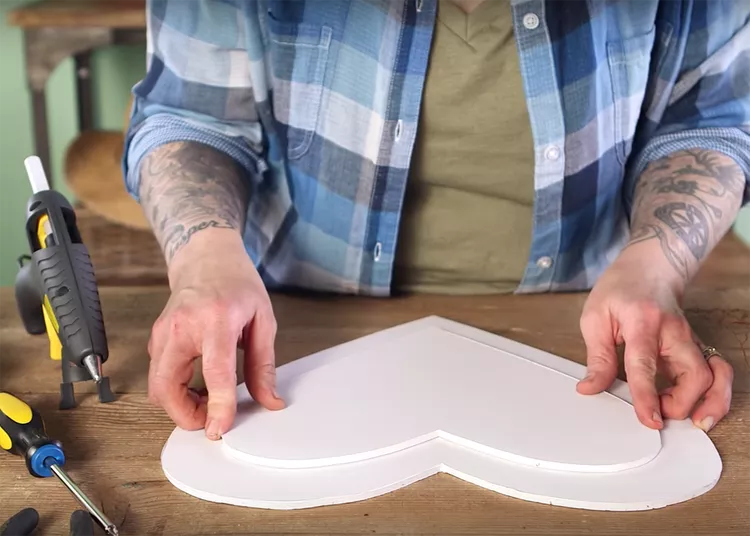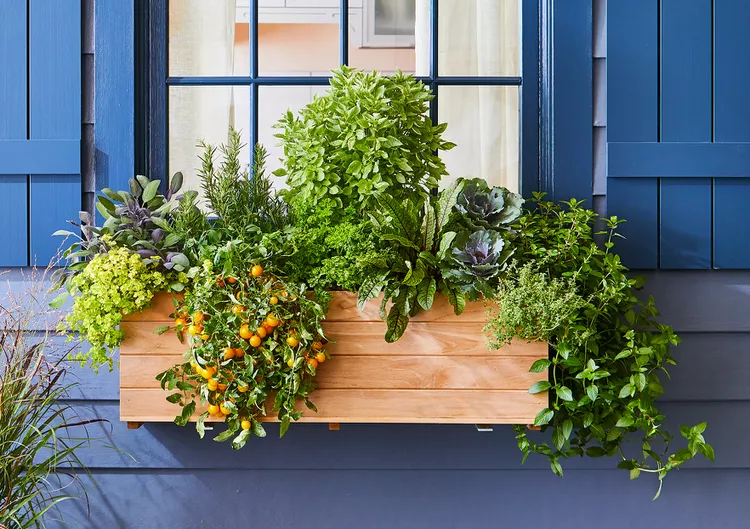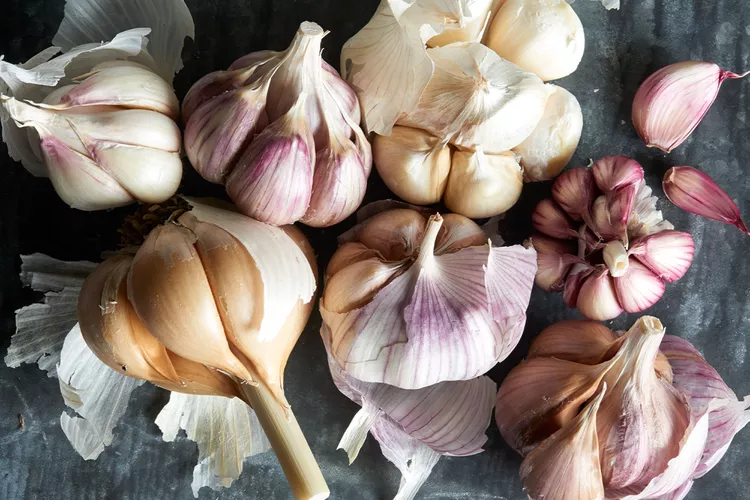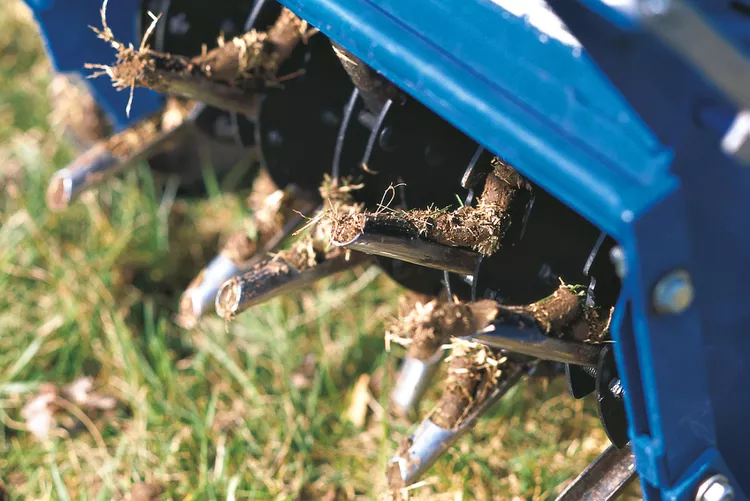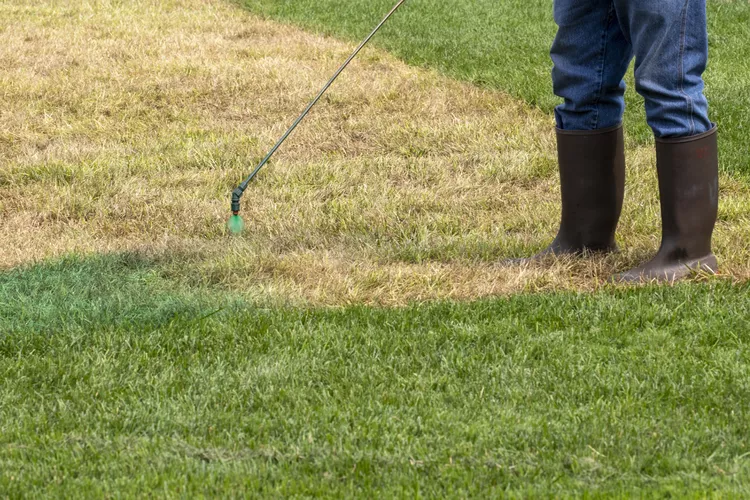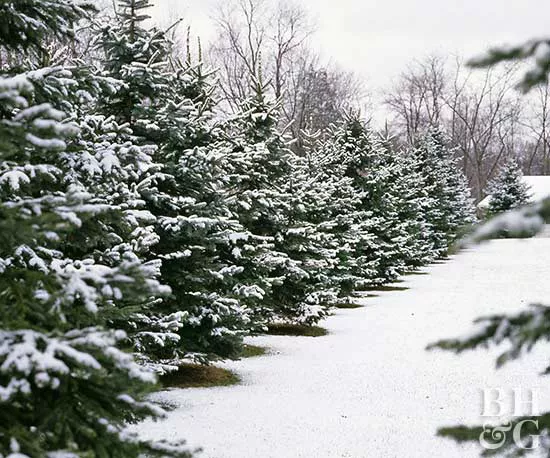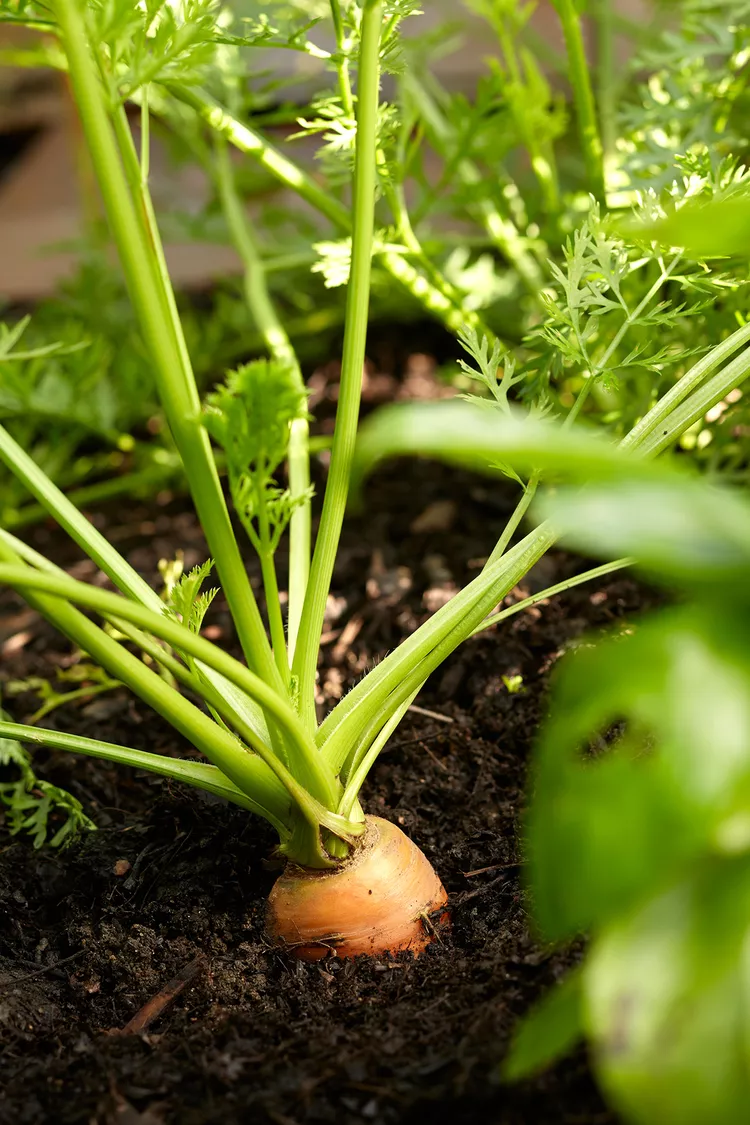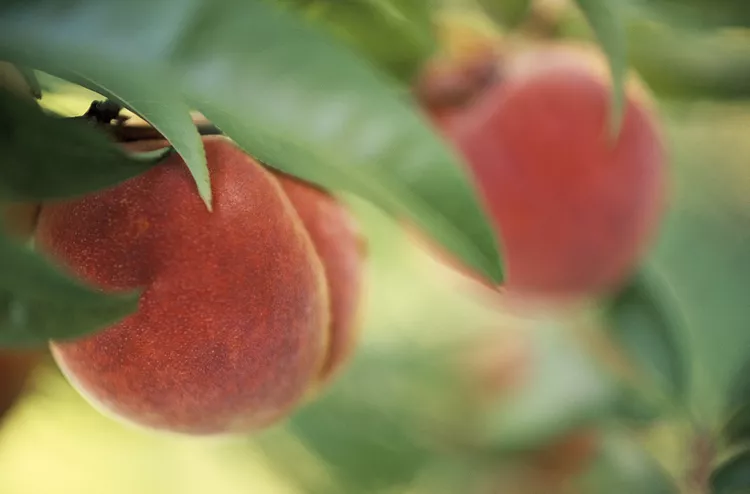Like many other culinary herbs, oregano is easy to grow in garden beds or containers on a sunny windowsill. However, it's important to know when and how to harvest oregano correctly if you want to get the best flavor out of these aromatic plants. The tips below will help you harvest the best-tasting oregano for drying or fresh eating. Plus, find out how to store your herbs so they last as long as possible to flavor your favorite pasta sauces and more.
When to Harvest Oregano
As a cut-and-come-again herb, oregano can be harvested throughout the year as needed. Typically, oregano is harvested in spring or summer, but it remains green in winter in many areas and can even be harvested when there’s snow on the ground.
Oregano doesn’t last long in the fridge, so it’s best to pick a few sprigs right when you need them. Then, plan to harvest a larger quantity of oregano for drying or freezing just before the plant flowers.
For peak flavor, harvest oregano plants in early morning, immediately before the plant flowers. This is when oregano’s edible leaves, tender stems, and developing flower buds contain the highest concentration of flavorful oils. Oregano can be harvested later in the season, but its flavor changes a little after flowering, and its leaves can become bitter in hot weather.
Tips for Harvesting Oregano
Oregano plants are ready to harvest when they’re at least 4 inches tall and have plenty of healthy stems and leaves. The upper, tender branches of oregano have the best flavor, but all parts of oregano plants are edible.
Harvesting for Cooking: To harvest a few sprigs of oregano for cooking, use your fingers or a clean pair of scissors to pinch off the tender tops of the stems. Make the cuts about two-thirds of the way down each stem and just above a leaf node to encourage branching. Then, work your way around the plant, clipping and harvesting until you have the stems you need, and the plant has an even trim.
Harvesting for Preserving: To harvest a larger quantity of oregano for preserving, gather about 15 oregano stems in one hand, cut the stems two-thirds of the way down with clean scissors, and then secure the cut stems with a rubber band. Repeat this process as you work around the oregano plant until you have the quantity of oregano you need. Avoid harvesting more than a third of the plant at one time; overharvesting can cause plant stress and poor growth.
How to Store Oregano
After harvesting, bring the fresh oregano indoors as soon as possible to prevent the cut stems from wilting. Use oregano immediately after harvesting or store it for later use. Excess moisture speeds up decay, so only wash oregano just before you use it, and avoid washing oregano that you intend to store or dry.
Fresh oregano can be kept in the crisper drawer for about a week by storing oregano stems in a zipper-top storage bag with a damp paper towel. You can also store oregano in the fridge by placing the cut stems in a glass with about an inch of water—like cut flowers. For better results, place a plastic baggie over the top of the oregano leaves to lock in humidity, and replace the water daily to keep everything fresh.
Dried oregano has a more intense flavor than fresh oregano leaves, so you’ll need even less of it in your recipes.
For longer storage, freeze whole or chopped oregano leaves in ice cube trays with water. Oregano stems are easy to hang dry or dry using a dehydrator or an oven set on its lowest setting.
Drying Homegrown Oregano
To hang dry oregano, loosely bundle the stems with a rubber band and hang them upside down in a warm, dark, dry place with good airflow. When the leaves are fully dried and easy to crumble with your fingers, strip away the stems and store the leaves whole in airtight containers. Because ground herbs lose their flavor faster than whole herbs, it’s best to grind up your oregano leaves just before you use them.
